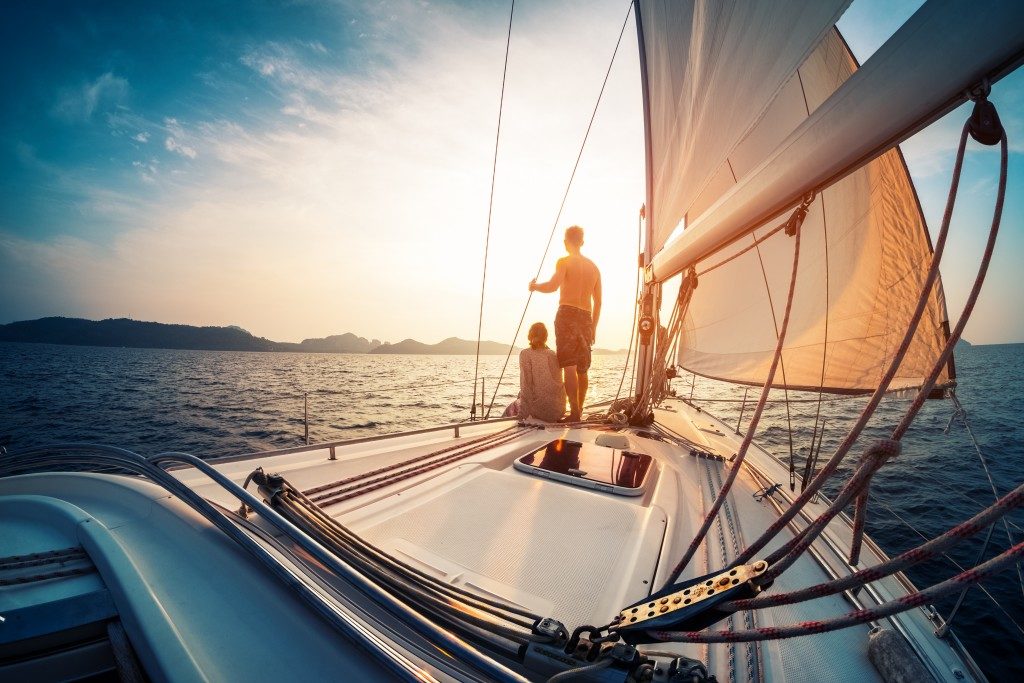Have you always wanted to rent a boat for the weekend and release your inner nautical spirit? Before you browse through catalogs of rental boats, take note of some boating safety practices.
Beginner boaters should take a course in boating safety before they attempt to sail. Even novice boaters should have a refresher once in a while to keep their safety skills up to par. If you are planning for boat rentals in Huntsville anytime soon, there are the safety tips that you should keep in mind. While the waters in Huntsville generally tend to be mild most of the year, it’s still better to be prepared.
1. Always use a pre-departure checklist
A pre-departure checklist is what you need to go over before every trip. In this list, include everything such as engine checks, boating equipment, fuel supply, food and water, and other things that you may need to check or pack before departing. In this way, you can make sure that you don’t forget the essentials, especially safety equipment.
2. Check the weather
Plan your trip around the weather. Check the weather forecasts regularly to see if it’s safe to sail in those conditions, particularly storm warnings, wind conditions, tide times, and wave conditions. If the weather forecasts aren’t looking good, postpone your trip for another day.
3. Know the rules
There are rules in the waters just as there are rules on the road. Be mindful of buoys, lightships, beacons, and other navigational aids. You should also know how far you have to be from other boats to maintain a safe distance. To learn the basic navigational rules of boating, download the U.S. Coast Guard’s Aids and Navigational Rules for free.

4. Let people know where you’re going
Before departing from shore, share your float plan with a friend, family member, or the coast guard. Include details such as your boat type and model, the passage you’ll be using, and the expected time that you should be back onshore. If anything happens while you’re out on the water, the coast guard will know where to look first. After you share your passage plan, don’t stray from the route you indicated.
5. Make sure safety equipment is complete
The safety equipment required for a boat will depend on the boat’s length and the local rules, among other factors. Ensure that you’ve completed the required list of safety equipment as dictated by your local laws.
For recreational boats, the U.S. Coast Guard requires the following:
- Personal Floatation Devices (PFDs)
- Bells and whistles
- Visual distress signals
- Approved fire extinguisher
- Ventilation
- Back-fire flame arrestor
- First aid kit
6. Learn how to swim
Knowing how to swim is an essential life skill, especially for boaters. In the event that you don’t have your PFD on or an incident renders it useless, your ability to swim can save your life. It will also allow you to do more activities in the water.
These are just some of the essential safety tips that every boater should know. Beginner boaters should stay in their comfort zone. Sail in waters that you feel safe on, at a pace that you’re comfortable with. This way, you can keep yourself and your passengers safe for the entire trip.

